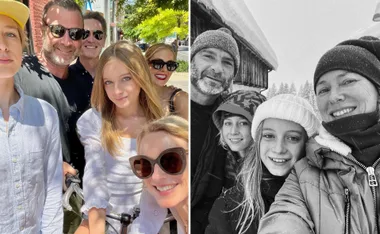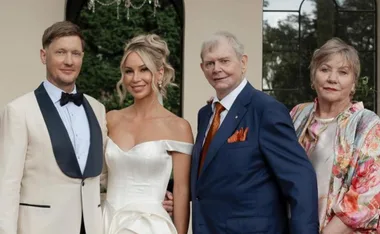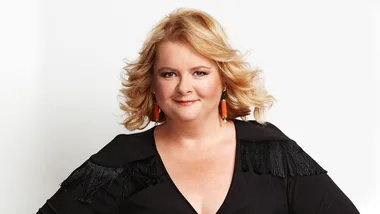Magda Szubanski has spoken about the “fear” that stopped her from revealing her sexuality for decades.
The 50-year-old actress has been one of Australia’s most beloved comediennes since she starred in The D-Generation and Fast Forward in the 80s and 90s.
Yesterday, she revealed she was a lesbian as she joined the push to legalise gay marriage in Australia.
Magda said she had been living an openly gay lifestyle for most of her adult life, but was scared to make a public statement about her sexuality for fear it would damage her career and tarnish her reputation with the Australian public.
“To know the love of a nation is an extraordinary feeling, and it does make you feel kind of scared,” Magda told ABC’s Radio National this morning.
“If I am there just being my real self, how will they respond? But that urge to be your real self is overwhelming. I don’t know how this is going to affect my work.
“I feel very privileged to have such a great relationship with the Australian public and there’s a fear in you that every gay person has… it’s an issue that pushes buttons for people. But what difference does it make? I’m the same person.”
Magda said she hopes her coming out will help others battling privately with their sexuality, and challenge the beliefs of those who campaign against same-sex unions.
“It is such an important fight, this one, and I absolutely felt that I had to get behind it,” she said.
“I wouldn’t have banged on about myself if I didn’t think it would hopefully change attitudes.”
Yesterday, the Magda released a statement saying she was “1000 per cent” behind a push to legalise same-sex marriage, and that laws prohibiting it were unfair.
“We pay taxes, fight wars for this country, nurse you when you are sick, make you laugh, sing and dance for you, play netball for you, star in your movies, cook your meals, decorate your store windows,” she said.
“And, chances are, gay people designed whatever it is you’re wearing.
“All Australians, including gay Australians, should have exactly the same rights, including the right to love, marry and take care of our partners.
“The law means that you could be a serial killer and have killed all of your spouses and yet you would still be considered fit to marry,” she said.
In parliament on Monday, two independent MPs lodged private members bills attempting to redefine marriage in Australia as a union of two people, rather than between a man and a woman.
Newsletter conversion description. Get the latest in your inbox.

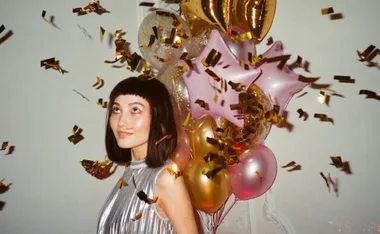
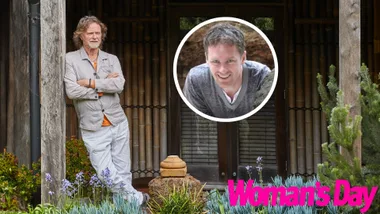


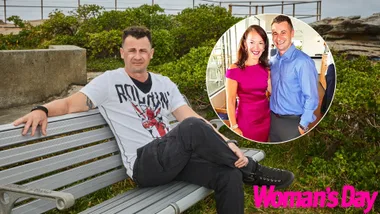
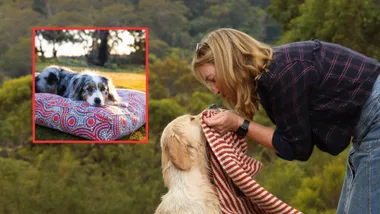
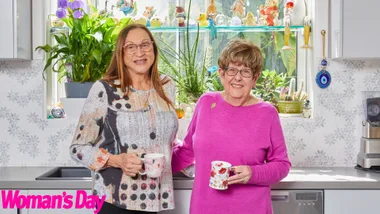
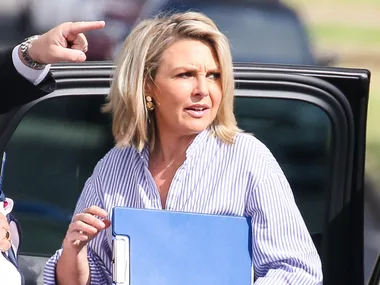
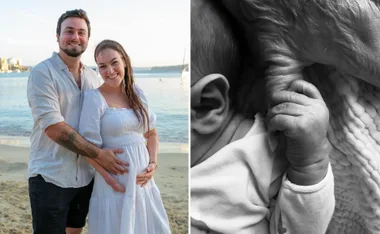



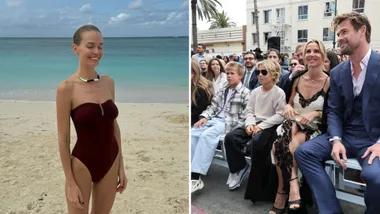







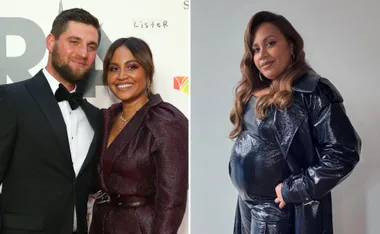






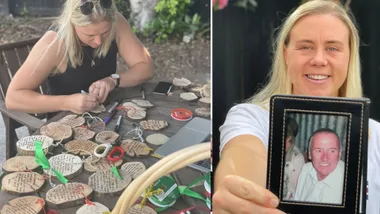

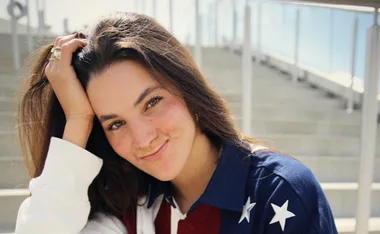

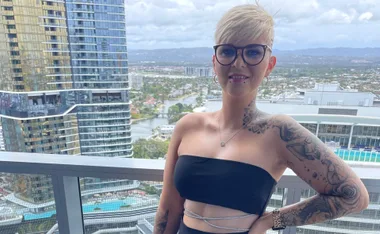
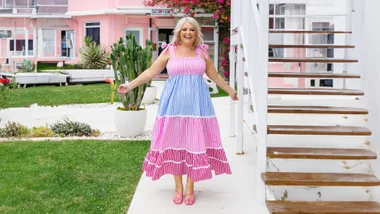
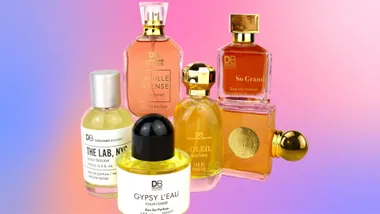

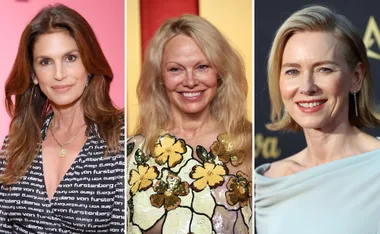

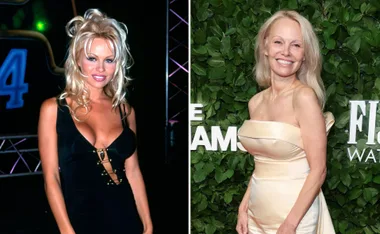
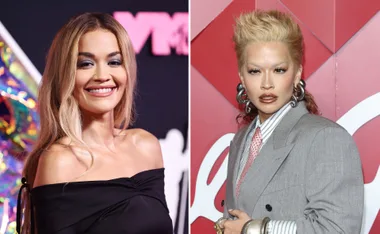
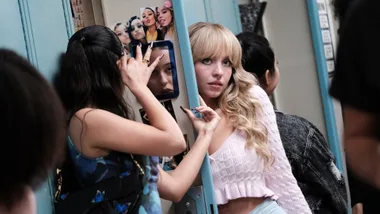
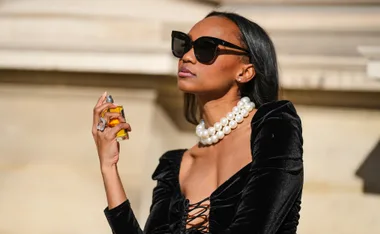
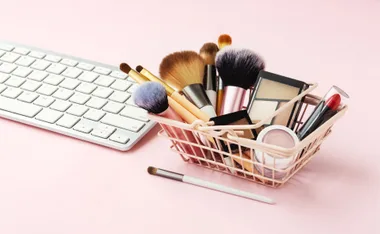
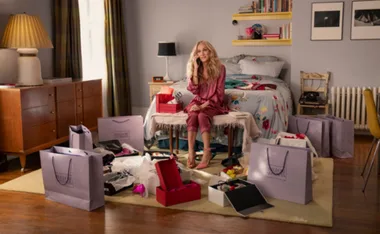
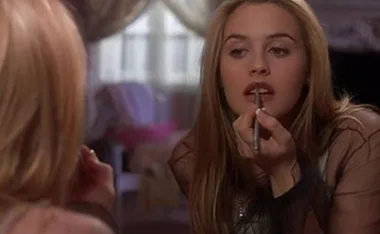











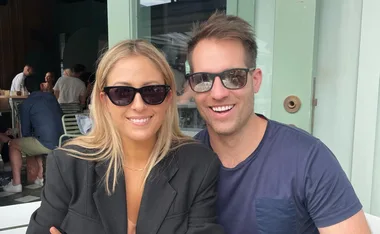

.png?resize=380%2C285)


